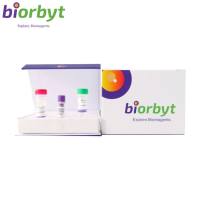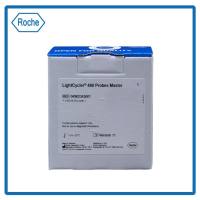General Introduction to In Situ Hybridization Protocol Using Nonradioactively Labeled Probes to Detect mRNAs on Tissue Sections
互联网
647
In situ hybridization (ISH) is a type of hybridization that uses a labeled complementary DNA or RNA strand (i.e., probe) to localize a specific DNA or RNA sequence in a portion or section of tissue (In Situ) or in the entire tissue (whole mount ISH). Localization of endogenous transcripts is a desirable approach for confirming expression patterns. This is distinct from immunohistochemistry, which usually localizes proteins in tissue sections. DNA ISH can be used to determine the structure of chromosomes. However, RNA ISH (hybridization histochemistry) is used to measure and localize mRNAs and other transcripts within tissue sections or whole mounts. RNA–RNA hybrids approach may offer increased sensitivity, which is more stable than that of DNA–RNA hybrids. Here we describe the efficient ISH protocol for nonradioactive (i.e., in direct methods using digoxigenin (DIG) system) RNA probes, and it can be performed in less than 3 days.









